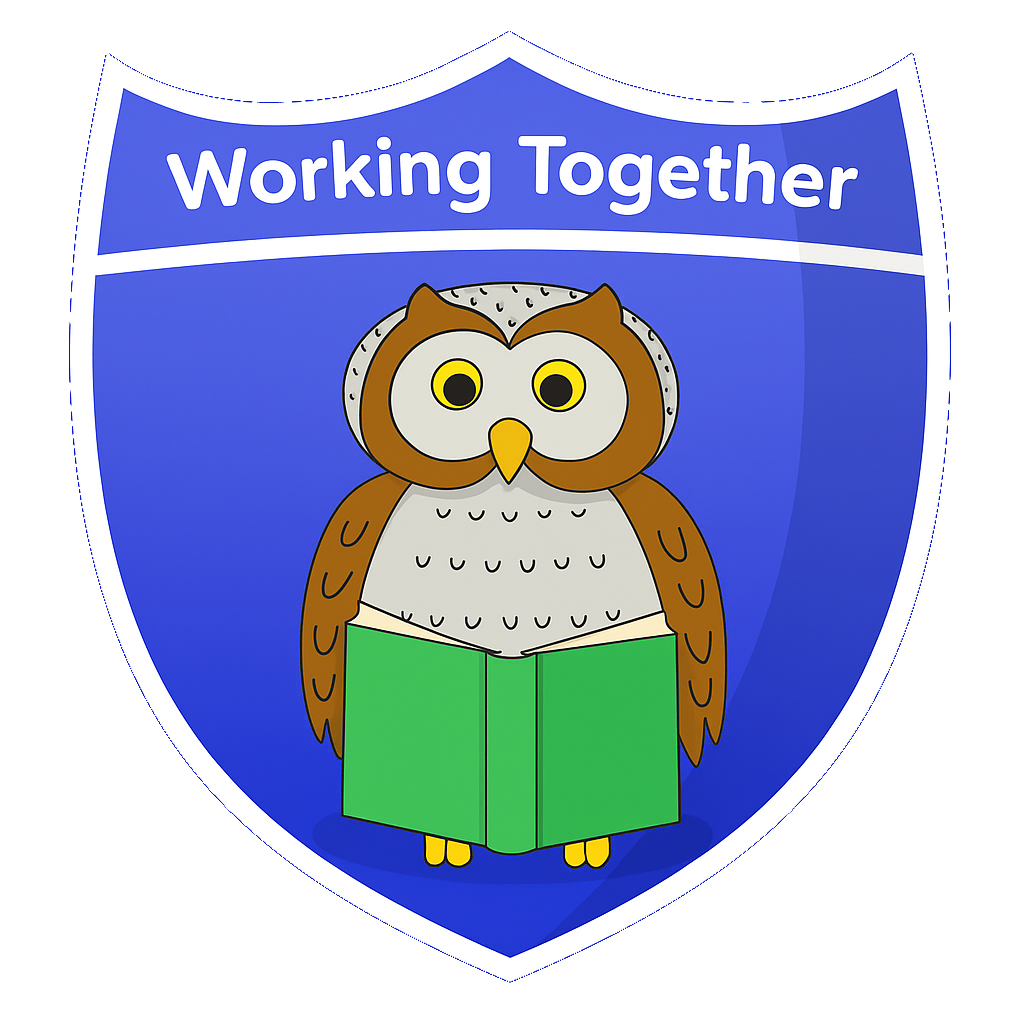Science
A high-quality science education provides the foundations for understanding the world through biology, chemistry and physics. Through building up a body of key foundational knowledge and concepts, pupils are encouraged to recognise the power of rational explanation and develop a sense of excitement and curiosity about natural phenomena. At Godwin, children are encouraged to understand how science can be used to explain what is occurring, predict how things will behave, and analyse causes. We envision that children make sense of the world and beyond through excitement and exploration and that they are secure and confident at exploring their own ideas and have the skills and motivation to achieve in Science.
Science is taught weekly, following the National Curriculum and science investigations are completed with a view of supporting the children to 'work scientifically', which aim to engage and inspire children.
EYFS
Children are taught about the importance for good health of physical exercise, and a healthy diet, and talk about ways to keep healthy and safe. Children know about similarities and differences in relation to places, objects, materials and living things. They talk about the features of their own immediate environment and how environments might vary from one another. They make observations of animals and plants and explain why some things occur, and talk about changes. They learn about the seasons, investigate ice and water and learn about recycling, sun safety, minibeasts and growing. They learn to name and identify parts of their face and compare themselves to a baby. They investigate the difference between hot and cold.
KS1
During years 1 and 2, pupils are taught to use the following practical scientific methods, processes and skills through the teaching of the programme of study content:
- asking simple questions and recognising that they can be answered in different ways
- observing closely, using simple equipment
- performing simple tests
- identifying and classifying
- using their observations and ideas to suggest answers to questions
- gathering and recording data to help in answering questions
KS2
During KS2, pupils are taught to use the following practical scientific methods, processes and skills through the teaching of the programme of study content:
- planning different types of scientific enquiries to answer questions, including recognising and controlling variables where necessary
- taking measurements, using a range of scientific equipment, with increasing accuracy and precision, taking repeat readings when appropriate
- recording data and results of increasing complexity using scientific diagrams and labels, classification keys, tables, scatter graphs, bar and line graphs
- using test results to make predictions to set up further comparative and fair tests
- reporting and presenting findings from enquiries, including conclusions, causal relationships and explanations of and a degree of trust in results, in oral and written forms such as displays and other presentations
- identifying scientific evidence that has been used to support or refute ideas or arguments
Assessments
Assessments are carried out half termly and are based on what the children have been learning that half term.
British Science Week 2025
To further promote science, Godwin takes part in British Science Week each year. British Science Week is a ten-day celebration of science, technology, engineering and maths that will take place between 7-16 March 2025! The theme for 2025 is 'Change and Adapt.' Changing and adapting plays a big part in science. Cities, towns and other areas where people live change and adapt as the world’s population grows, plants and animals change and adapt to their surroundings to survive. Technology has changed and adapted to our new, busier lives. Our behaviours change too – we need to change how we consume the world’s resources to offset the worst effects of the climate crisis, and adapt our lifestyles to reduce our impact through recycling or reducing waste. But change and adaptation doesn’t just happen here on Earth, even the stars and other celestial bodies change as they gain and lose mass. Watch this space for news about British Science Week and how Godwin will be participating...
